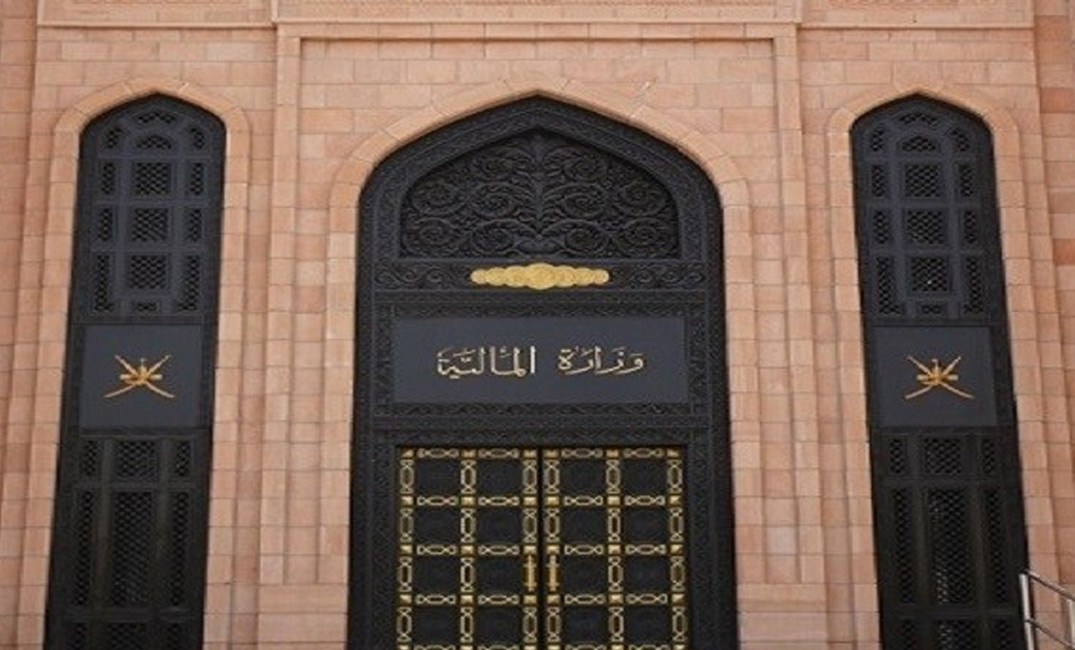

Muscat: Financial data of government monthly accounts until the end of April 2020 showed that government total revenues stood at RO3,829,000 (RO3.82 billion), less by RO47 million from the figures of the corresponding period in 2019.
A statement issued by the Ministry of Finance indicated that the stability of government revenues during the first four months this year was due to crude sale prices, which averaged $63.36 by the end of April 2020 (which is the average of trading prices from October 2019 to January 2020).
The stability of revenues was also due to the reception of returns from the partial privatisation of Oman Power Transmission Company, the operation by virtue of which 49 per cent of the firm’s shares were privatized, generating a sum of RO365 million.
Actual general expenditure by the end of April 2020 stood at RO3.69 billion (RO3 billion and 695 million), with an increase of RO314 million or 8 per cent of actual general expenditure during the corresponding period in 2019.
It is worth noting that the measures undertaken by the government to control rates of general spending and liquidity during that period enabled the reduction of general spending in some segments by RO461 million.
In turn, spending in other segments rose by RO147 million, particularly in loan interest segment.
The statement proceeded on saying that, by calculating the difference between revenues and actual spending during the first four months of 2020, it is observed that the budget posted a surplus of RO134 million until the end of April 2020, compared to a deficit of RO133 million during the corresponding period in 2019.
It is worth noting that this fiscal surplus is considered a temporary surplus based on oil revenues and other measures undertaken by the government to alleviate the impact of sharp decline in international oil prices and to ensure adapting to financial situations associated to Coronavirus (Covid-19) pandemic.
The procedures included restructuring spending priorities and increasing revenues from an exceptional, non-recurring privatization operation. It should be noted that the impact of the slump in oil prices with effect from February 2020 will reflect on the state budget with effect from May 2020 accounts.
It is expected that average annual oil price for this year (2020) will be $45, which entails a fiscal deficit reaching more than RO4 billion, compared to an estimated deficit of RO2.5 billion as at the beginning of this year.
The Ministry of Finance is following up the fiscal impact of government measures undertaken to bring down general expenditure this year.
The Ministry is also considering more procedures as deemed appropriate in accordance with global economic and financial developments and their impact on the Sultanate. In the meantime, the Ministry will continue to implement the deficit financing plan approved by the Financial Affairs and Energy Resources Council. --ONA
Oman Observer is now on the WhatsApp channel. Click here



